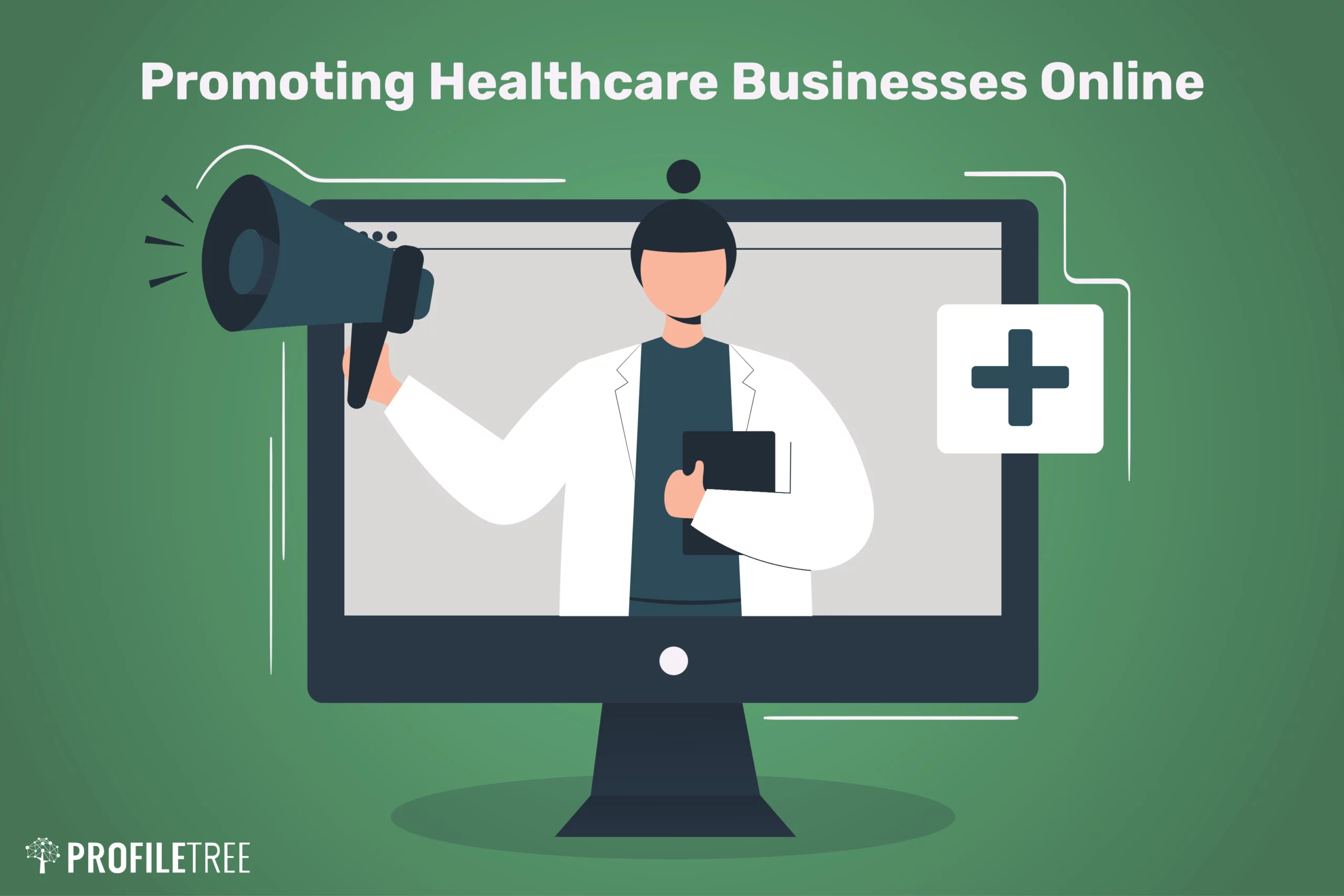Why Subscription Based Healthcare is Acquiring Appeal Among Patients Today
Browsing the Future of Medication With Subscription-Based Medical Care Solutions
As the health care market evolves, subscription-based services emerge as a crucial design guaranteeing to improve client treatment distribution. With the potential to use structured, affordable services via foreseeable rates and personalized focus, these solutions stand at the forefront of modern clinical technology. As we consider their surge, one must ponder the effects of integrating such systems right into existing health care structures. What challenges do they position in regards to information security and equitable access, and exactly how might they redefine the patient-provider partnership? The response to these inquiries can essentially modify our strategy to healthcare.
Surge of Subscription Medical Care
As healthcare systems around the globe face boosting pressures from increasing expenses and demand for services, the arrival of subscription-based health care designs has become a transformative fad. This ingenious method is interrupting conventional health care shipment by supplying a predictable, flat-rate repayment framework for medical services. Rooted in the principles of attendant medication, subscription-based health care permits suppliers to concentrate on tailored patient care while all at once taking care of operational effectiveness.
The increasing customer demand for transparency and predictability in health care expenditures has actually driven the change in the direction of this model. Subscription-based solutions frequently offer straight access to medical care professionals, which can reduce the administrative worries connected with insurance claims and reimbursements.
This design is acquiring grip amongst diverse medical care suppliers, from primary care physicians to specialized clinics, by lining up financial incentives with preventative and continual treatment. By shifting the focus from volume to value-based treatment, membership health care has the possible to improve the landscape, cultivating an extra patient-centered and lasting technique to health and wellness management.
Advantages for Patients
Additionally, subscription-based solutions often stress preventative treatment, encouraging regular examinations and health screenings. This aggressive strategy can lead to early detection of health concerns, potentially boosting results and minimizing long-lasting health care prices for patients. Such models typically offer clear rates, allowing people to better recognize their healthcare expenses and prevent unanticipated medical bills.
The customized nature of subscription-based medical care also boosts client experience. Individuals can obtain tailored health care strategies that match their particular requirements, cultivating a more patient-centric method.
Innovation's Role in Improvement

Expert system (AI) plays a vital duty in predictive analytics, assisting in very early medical diagnosis and customized treatment strategies. AI algorithms assess substantial datasets to determine patterns that could be neglected by human observation, hence enhancing professional decision-making. In addition, digital health and wellness records (EHRs) enhance person information management, ensuring connection and comprehensibility of care throughout different services and companies.
Blockchain technology boosts data safety and security and privacy, vital for keeping person count on electronic systems. It enables secure and transparent purchases of medical information, guaranteeing that delicate details continues to be secured. With the assimilation of device learning and AI, blockchain can automate complicated medical care processes, reducing administrative worries.
Factors To Consider and challenges
While modern technology drives the capabilities of subscription-based health care solutions, it additionally introduces a set of challenges and factors to consider that should be resolved to ensure effective implementation. One considerable difficulty is the fair accessibility of these services. As membership designs often depend on electronic systems, there is a threat of exacerbating the digital divide, leaving people without net accessibility or electronic literacy. Ensuring these services do not disproportionately profit only tech-savvy and upscale populaces is important.
Information privacy and protection stand for an additional crucial factor to consider. Subscription-based solutions usually require the collection and storage space of substantial quantities of personal health and wellness you could try this out information. Suppliers have to comply with rigorous information defense laws to keep individual depend on and avoid unauthorized accessibility, which might cause considerable ethical and lawful consequences.
As medical care needs progress, preserving an affordable equilibrium in between membership costs and solution high quality is essential to avoid individual frustration and attrition. Addressing these difficulties is crucial as subscription-based health care solutions proceed to develop and broaden.
Future Implications for Medicine
Subscription-based medical care solutions are positioned to dramatically influence the future landscape of medicine by reshaping how care is accessed and delivered. These models supply the potential to democratize healthcare access, providing people with even more tailored and prompt interventions. By leveraging technology, such as telemedicine and information analytics, membership Homepage services can facilitate continuous surveillance and customized health management, therefore enhancing results and lowering the concern on typical medical care systems.
As these services gain traction, they can promote a shift in the direction of preventative care, emphasizing the relevance of very early detection and management of persistent problems. This proactive strategy might ultimately lower medical care prices by reducing the demand for costly therapies arising from late-stage condition administration. In addition, subscription versions provide a scalable remedy to deal with variations in health care access, specifically in underserved or country populaces.
Nonetheless, the transition towards subscription-based designs requires addressing regulative and moral considerations, including information personal privacy and equitable gain access to. As the sector evolves, collective initiatives between policymakers, innovation programmers, and healthcare carriers will certainly be vital to establishing durable structures that guard patient rate of interests while fostering technology. Inevitably, these services promise to contribute dramatically to a more efficient, patient-centered health care environment.

Final Thought
Subscription-based medical care services represent a substantial evolution in the medical field, supplying foreseeable expenses and personalized care that enhance access and prioritize safety nets. Technical improvements, such as telemedicine and AI-driven analytics, assist in customized person experiences, improving overall health and wellness results. Nonetheless, obstacles such as information personal privacy and fair access must be addressed to guarantee the extensive benefits of these services. As the medical care landscape develops, registration designs are poised to play a vital function in forming learn this here now the future of medication.
As the healthcare sector progresses, subscription-based services emerge as a critical version assuring to reshape patient treatment shipment.As healthcare systems around the globe face enhancing pressures from climbing expenses and need for solutions, the introduction of subscription-based medical care versions has arised as a transformative pattern (subscription based healthcare).With the surge of subscription-based medical care designs reshaping traditional medical care delivery, people are beginning to experience substantial benefits from this ingenious approach. As healthcare requires evolve, preserving an affordable equilibrium between registration costs and service top quality is important to protect against client frustration and attrition.Subscription-based healthcare solutions are poised to dramatically influence the future landscape of medication by improving how treatment is accessed and supplied